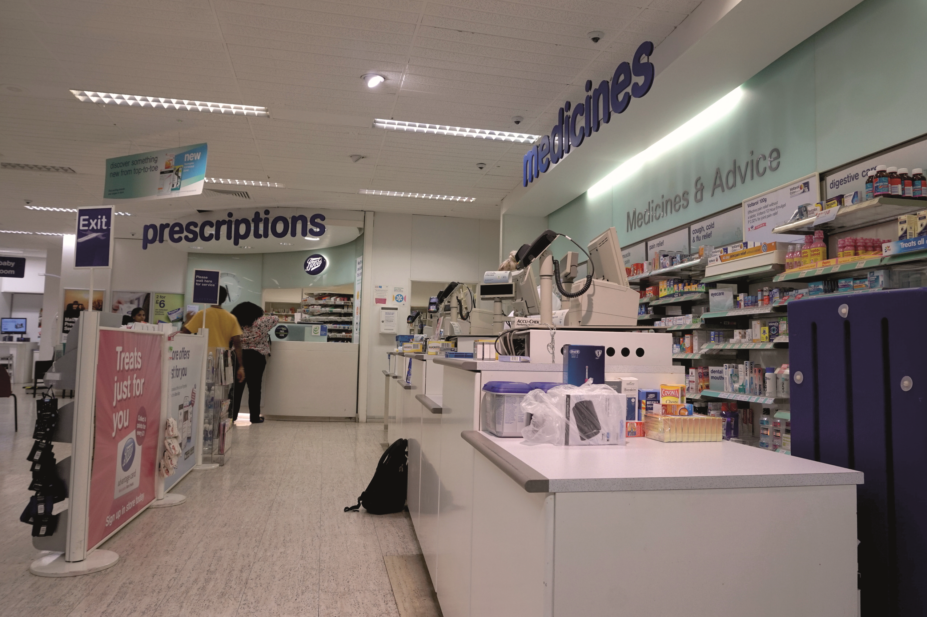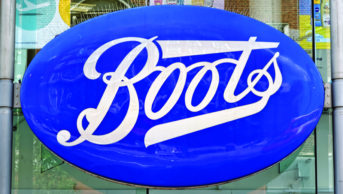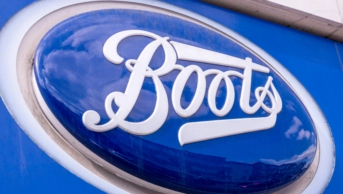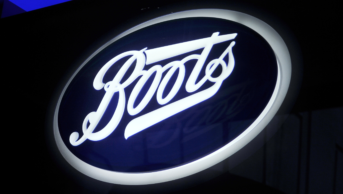
Shutterstock.com
More than 90% of eligible Boots pharmacists who voted in a ballot have said they want the Pharmacists’ Defence Association (PDA) Union to represent them.
Following a five-week ballot period, 92.4% (3,229) of voters were in favour of representation by the PDA Union, with only 7.6% (266) voting against it. More than 3,300 eligible pharmacists chose not to vote.
Boots’s senior management had put forward proposals to launch a Joint Negotiation Committee if its pharmacists rejected the union’s offer.
The results mean that 47.5% of all those eligible to vote supported the Union, passing the 40% legal threshold required for representation.
It has now been eight years since the PDA Union originally wrote to Boots asking the company to voluntarily recognise it for collective bargaining purposes. Previously, pharmacists at the UK’s largest chain of pharmacies had been represented by the Boots Pharmacists’ Association (BPA).
Pharmacists voted to derecognise the BPA in June 2018.
“We mustn’t forget that every single day over the past eight years the company has had the ability to voluntarily recognise the PDA Union, but every single day they decided to keep fighting their own employees,” said Mark Pitt, assistant general secretary at the PDA Union.
“Despite the clear message from pharmacists in the 2018 ballot, where 87% voted in favour of removing the BPA to allow PDA Union recognition, the company continued to use everything it could to stop pharmacists securing an independent voice at work until now.”
The Union will now negotiate a recognition agreement with the company under the guidance of the Central Arbitration Committee.
Andrew Caplan, pharmacy and retail operations director at Boots, said the company’s pharmacy leadership team cared “passionately” about doing the right thing for pharmacy.
“Clearly, this is not the result that we had hoped for; however, we have listened to the voice of our pharmacists and offer our congratulations to the PDA Union.
“We will now enter into a negotiation with the PDA Union over the terms of the collective bargaining agreement — how it will work and what it will cover — and we’ll continue to keep our pharmacists updated on this process over the coming weeks.”
John Murphy, general secretary of the PDA Union, has written to Sebastian James, president and managing director of Boots, inviting him to work together “to start a new positive chapter of employee relations”.
“There is no doubt in my mind that the conduct of your senior managers on this issue have damaged the reputation of the company and the relationship between employees and employer,” Murphy wrote.
“We now have an opportunity to put all that in the past and create a working environment in which pharmacists feel appropriately valued and respected, patients can consistently receive excellent care and the company can prosper.”
Timeline of events
March 2011: The Pharmacists’ Defence Association Union (PDA Union) writes to Boots asking the company to voluntarily recognise it for collective bargaining purposes. Boots refuses the request.
January 2012:
The PDA Union asks for voluntary recognition again.
February 2012: Boots again refuses the PDA Union’s request. The PDA Union formally requests recognition by statutory procedure (via the Central Arbitration Committee [CAC]) with Boots. The PDA Union formally withdraws its application at Boots’s request.
March 2012: Boots prepares an agreement with the Boots Pharmacists’ Association (BPA), signed by both parties on 1 March 2012, which prohibits discussions on terms and conditions of employment by the PDA Union. Boots’s director of pharmacy writes to the PDA Union saying it does not accept the proposal for formal recognition as it already has a formal, productive and effective way of working with the BPA. The PDA Union proceeds with its application to the CAC.
January 2013: The CAC determines that PDA Union’s application for recognition for collective bargaining rights with Boots should be allowed to proceed. Boots disagrees with the judgment and seeks a judicial review.
January 2014: The High Court concludes in an interim decision that Boots has no obligation to recognise the PDA Union because its agreement with the BPA could block the application under UK law.
July 2014: The PDA Union makes an application for a declaration of incompatibility of UK law with the European Convention on Human Rights on the back of the High Court’s ruling. A further hearing is held after government intervention.
September 2014: The High Court rules that the UK and European laws are compatible and the only remaining course of action is for a Boots pharmacist to seek derecognition of the BPA.
November 2016: The PDA Union appeals the High Court’s ruling.
February 2017: The Court of Appeal upholds the High Court’s decision.
July 2017:
Six Boots pharmacists file an application to the CAC, asking it to derecognise BPA.
August 2017:
The PDA Union urges Boots pharmacists to pledge support for legal action.
November 2017:
The CAC publishes its full decision on the BPA derecognition case.
December 2017:
The deadline for Boots’s secret ballot passes with no agreement.
June 2018:
Boots pharmacists vote to end deal with BPA. The PDA Union formally asks Boots to recognise it as the negotiating trade union for its pharmacist workforce. A week later, the CAC ends the Boots–BPA deal.
August 2018:
The PDA Union’s application to represent Boots pharmacists is accepted by CAC.
February 2019:
Boots proposes new committee as alternative to PDA Union.
March 2019: The PDA Union announces that more than 90% of eligible Boots pharmacists voted for it to represent them.


